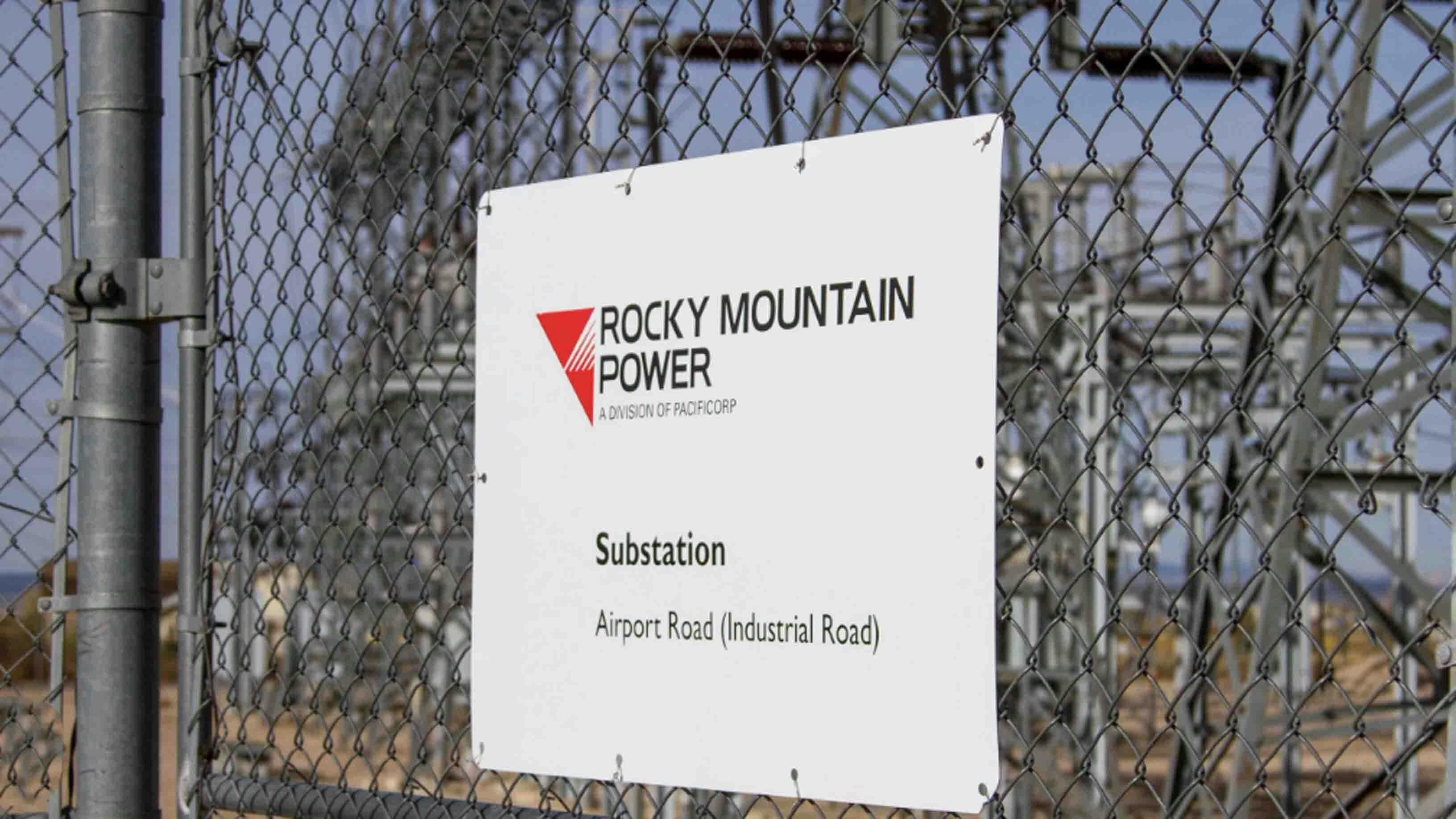A controversial rate case involving a hike in power bills in Wyoming by electric utility Rocky Mountain Power hit a chord with some lawmakers Tuesday in a Senate committee hearing trying to define the reasonableness of recovering some of that money.
The Corporations, Elections and Political Subdivisions Committee considered a proposal that would better define what a utility could recover in costs that do not benefit ratepayers in Wyoming — especially those coming from wind and solar farms where power sometimes gets shipped out of state.
The five-member panel voted unanimously to approve the proposal for consideration by the full Senate.
The proposal, called Senate File 20, would direct the Wyoming Public Service Commission to conduct a cost-benefit analysis of multi-state, systemwide facilities to determine how much a power plant actually benefits ratepayers in Wyoming versus customers in western states — like California, Washington and Oregon.
Sen. Cale Case, R-Lander, co-chairman of the committee, brought up as an example the cost apportioned to Wyoming ratepayers for PacifiCorp’s Gateway West and Gateway South interstate transmissions lines, neither of which are fully incorporated in the rate base for Wyoming.
The power lines would run from Wyoming power plants hooking into solar and wind farms, to customers in energy-starved Western states.
“As we go forward, who is going to pay for those transmission lines?” asked Case at the hearing. “They will significantly impact the rates of Wyoming.”
Is It Redundant?
Chris Petrie, deputy chairman of the Wyoming Public Service Commission, said that SF 20 may duplicate what his agency already has in writing to handle rate cases involving multi-state jurisdictions.
“It doesn’t change anything immediately and memorializes what already happens in practice with the multi-state allocation of system costs,” said Petrie of the language in the proposal that explicitly states what powers the commission already exercises.
Petrie said the state wouldn’t be hurt by the bill.
“We pay for the things that serve us and benefits us, and we don’t pay for facilities, or initiatives, or agendas, or philosophies of other jurisdictions,” he said.
He declined to discuss the Rocky Mountain Power example offered up by Cale because there is a rehearing scheduled in the future on certain aspects of the recently completed general rate case. “That’s a little bit of a no-go zone for us.”
Rocky Mountain Power lobbyist Rick Kaysen, who testified at the hearing, couldn’t say when the next rate case would be filed or address new investments considered in the rate base.
“That analysis is still being prepared,” Kaysen said.
More On Rates
State senators also discussed two other legislative proposals during the hearing.
One proposal – Senate File 21 – also grew out of last year’s rate case with Rocky Mountain Power, which is Wyoming’s largest public utility with roughly 144,000 customers.
Customers sometimes get their bills lowered with a one-time rebate if costs to buy fuel powered by coal or natural gas comes in less than projected. Likewise, a bill can be higher than average — such as what some saw in their bills last winter.
Essentially, a complicated ratio is used to equalize the costs if the estimates are off.
Last year, Rocky Mountain Power, which is owned by PacifiCorp, a unit of Berkshire Hathaway Energy, proposed shifting its cost-share ratio largely onto the backs of Wyoming ratepayers – irking critics during the rate case.
Instead of the utility having to pay for a fifth of the fuel costs when it buys fuel at an inflated price due to weather or for whatever reason — and the ratepayer pays the rest — the utility had wanted the ratepayer to pick up everything.
The proposal, if it were to become law, would give the PSC the power to investigate a price hike due to excessive fuel costs passed along from a supplier, and employ a new “cost-tracking mechanism” that could benefit the ratepayer.
If the utility recovers the changes made in electric supply costs between rate cases, then a mechanism would provide a sharing of those costs between the utility and its customers.
Power costs are separate from the rate base.
The panel voted 4-1 in favor of the proposal, with Sen. Eric Barlow, Gillette, voting against the bill.
A third proposal – Senate File 22 – would permit the PSC to impose penalties for outages and substandard service if a utility does meet standards to deliver “adequate, dispatchable and reliable” power generation.
Some observers of the electrical grid in Wyoming worry about reliable power given the unevenness of delivery from wind and solar farms compared to more predicable plants fired up with coal or natural gas.
Due to time constraints, Case said that the bill would be reconsidered Thursday.
Pat Maio can be reached at pat@cowboystatedaily.com.





